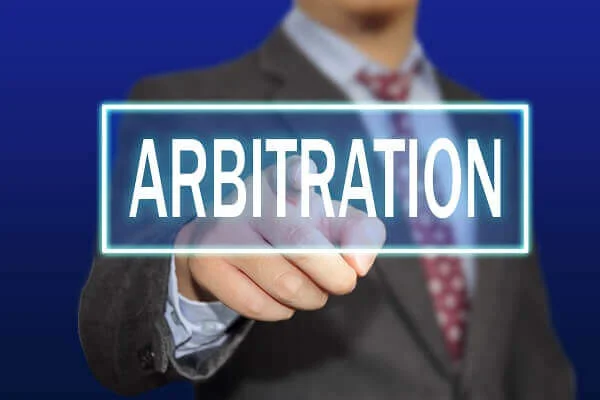For years now, most consumer finance institutions have included arbitration clauses in their finance agreements as a means of preventing runaway jury verdicts. Conversely, plaintiffs’ attorneys generally disfavor arbitration and push hard to avoid it, even to the point of filing a civil action that claims, for one reason or another, that the claim is not subject to arbitration. For example, they may claim the agreement is procedurally or substantively unconscionable, that it was procured by fraud, or – most typically – that their client’s claim falls outside the actual scope of the arbitration agreement. Courts have held, in some cases, that the claimant debtor may be entitled to a jury trial on the issue of whether the claim must be arbitrated.
Why Can’t the Issue of Arbitration Be Arbitrated?
Commercial lenders scratch their heads: Why can’t the issue of arbitration itself be arbitrated? Why can’t the arbitrator determine every issue, including the issue of whether there is to be arbitration? While the issue is still hotly contested – particularly in California – a carefully drafted arbitration clause may provide commercial lenders (and others) with additional protections.
Federal Arbitration Act Has Powerful Terms
Generally speaking, arbitration is a matter of contract. Accordingly, the Federal Arbitration Act requires courts to enforce arbitration agreements according to their terms. In most cases, parties are empowered to arbitrate “gateway’ or ”threshold“ questions of ”arbitrability,’ such as whether the parties have agreed to arbitrate or whether their agreement covers a particular controversy."
California Caveat
One caveat: A court generally will not assume that the parties agreed to arbitrate a threshold issue like arbitrability unless there is “clear and unmistakable” evidence that they did so. The burden is on the party seeking to compel arbitration to prove delegation of the threshold issue to the arbitrator.
Some courts have allowed lenders and others to “piggyback” delegation provisions found in the internal rules published by the American Arbitration Association (AAA) and other arbitration bodies. In other words, if the lending agreement incorporates the AAA rules by reference, a few courts have found that sufficient to require arbitration of the gateway/threshold issue of arbitrability. That appears not to be the rule, however, in California. While the decision is not widely precedential, a federal court sitting in the Northern District of California [see Ingalls v. Spotify USA, Inc., 2016 U.S. Dist. LEXIS 157384 (N.D. Cal., Nov. 16, 2016)], has held that the arbitrability issue must be clearly designated in the actual agreement. It may not merely “live” in some side agreement that the consumer is not given as part of the lending transaction.
Meaningful Choice/Unfair Surprise
Still, the Spotify case appears to leave room for a straightforward agreement between the consumer lender and the customer that the arbitrator handle all issues – including the issue of arbitrability itself. California courts still have a power of review; if a court determines that the entire agreement is unconscionable, the lender may still find itself before a judge, rather than a more sympathetic professional arbitrator. It seems clear that a strong delegation clause cannot save an agreement that is too one-sided.
CKB VIENNA LLP: Experienced Attorneys
Do your arbitration clauses need review? Are they clear when it comes to delegating the threshold issue of arbitrability to an arbitrator? It’s likely time you had your contracts reviewed by a firm that has extensive experience in the field. The attorneys at CKB VIENNA LLP have broad financial services experience. For years now, we have provided lenders, servicers, and others with in-depth advice regarding both California and federal lending laws and regulations. We can examine your practices and standard agreements, and advise what changes, if any, ought to be made in order to strengthen your position in regulatory matters. Our team understands the complexity of the issues and stands ready to represent you aggressively. We have offices in Rancho Cucamonga, San Bernardino, and Los Angeles. Contact us by telephone – 909.980.1040 – or complete our online form.

